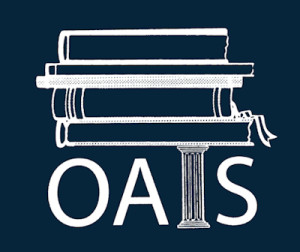ISACS Meeting and a Diploma Proposal
I had the opportunity to attend (and present to OAIS heads) at the recent ISACS Heads of School Conference in Chicago last week (I managed to make it out before the snow!) This is my second year attending and found it to be very informative, especially the talks given by NAIS President John Chubb about the role and future of independent schools in our nation.
